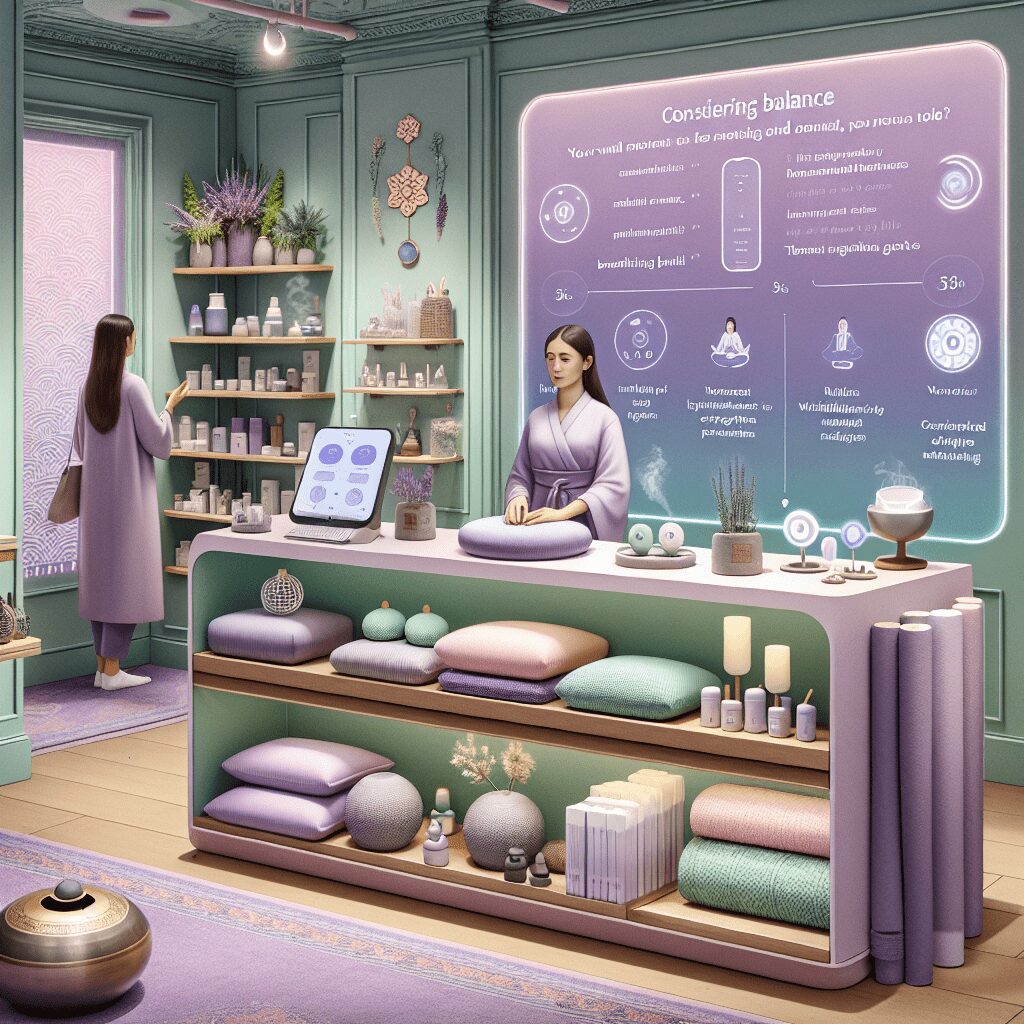
Prioritize your mental well-being daily. Enhance your life by nurturing your mental health with the Smart Meditation app. Break free from stress, alleviate anxiety, and enhance your sleep quality starting today.
Do Antidepressants Make Your Pupils Dilate?
Unraveling the Mystery: Do Antidepressants Affect Pupil Size?
When it comes to the intricate relationship between antidepressants and the eyes, there’s much more than meets the eye. Antidepressants, lifesavers for many battling severe depression and anxiety, have a repertoire of effects on the body—some well-known and others, like the impact on pupil size, more enigmatic. So, let’s dive deep into this intriguing topic, separating fact from fiction and shining a light on the connection between these powerful medications and the windows to our soul—the eyes.
The Eye-Opening Truth About Antidepressants and Pupil Dilation
First off, it’s crucial to understand what we’re dealing with. Pupil dilation, or mydriasis in medical lingo, is when the pupils widen beyond their normal size. Various factors can trigger this response, including light levels, emotional state, and, you guessed it, certain medications.
Now, onto the million-dollar question: Do antidepressants make your pupils dilate? In a nutshell, yes, some can. But the plot thickens. Not all antidepressants have this side effect, and not everyone who pops these pills will look like they’ve just walked out of a dark movie theater. The likelihood of turning into someone with perpetually wide-eyed surprise depends on the specific type of antidepressant and, of course, how your body decides to ride the biochemical wave these drugs create.
SSRIs and SNRIs: The Usual Suspects
If we’re rounding up the usual suspects, SSRIs (Selective Serotonin Reuptake Inhibitors) and SNRIs (Serotonin and Norepinephrine Reuptake Inhibitors) take center stage. These are among the most commonly prescribed antidepressants, heralded for their ability to adjust the brain’s chemical balance by influencing neurotransmitters.
But why do they sometimes turn the dial on pupil size? It boils down to serotonin—a key neurotransmitter that, apart from its mood-regulating gig, has a side hustle affecting various bodily functions, including, you guessed it, pupil dilation. SSRIs and SNRIs can lead to an increase in serotonin levels not just in the brain but throughout the body, nudging the pupils to let in more light.
The Ripple Effect: Beyond the Look of Surprise
While rocking the dilated pupil look might be a quirky side effect, it’s more than just cosmetic. For some, especially those with a propensity for narrow-angle glaucoma, this unintended eye makeover can usher in increased eye pressure and, in rare cases, precipitate a glaucoma attack. Hence, it highlights the importance of keeping your healthcare provider in the loop, lest your journey towards mental wellness throws you an ocular curveball.
Tailored Treatments: Finding the Right Fit
So, what’s the takeaway for those needing antidepressants but wary of turning into a nocturnal animal? It’s simple: communicate and collaborate. The psychiatric pharmacopeia is a veritable buffet, and finding the right dish—that is, medication—that doesn’t dilate your pupils or unleash other undesirable side effects is a journey you and your doc can embark on together.
Wrapping It Up with a Bow
In the grand scheme of things, antidepressants have been a game-changer in managing mental health conditions. And while pupil dilation might be a lesser-known side act in the antidepressant show, it’s one worth keeping an eye on (pun intended). Remember, forewarned is forearmed. By understanding the potential ocular side effects of these medications, you can better navigate the road to wellness with both your mental and ocular health in check.




